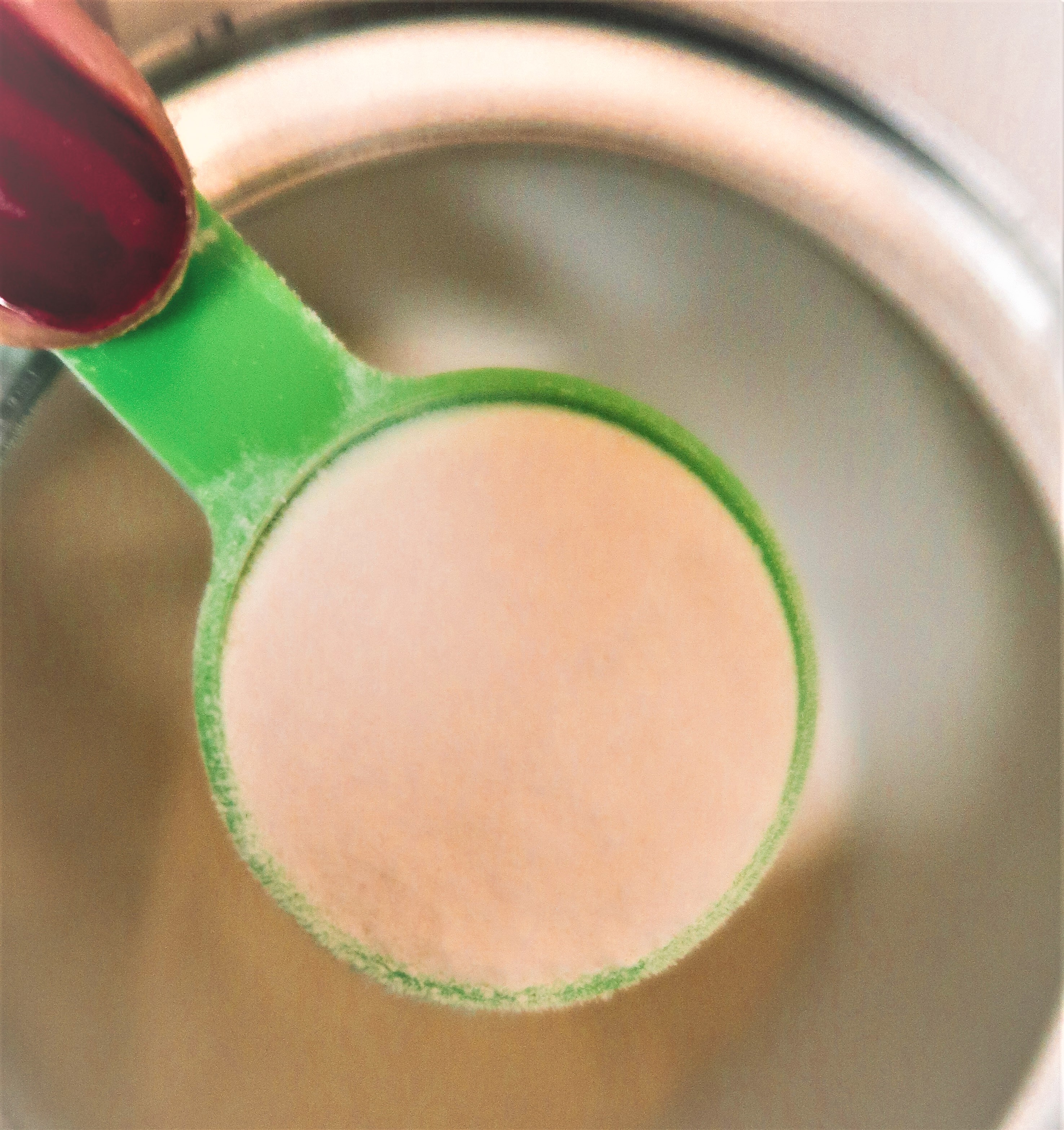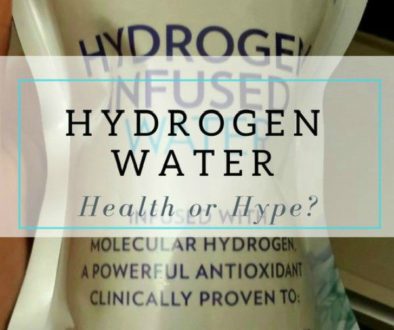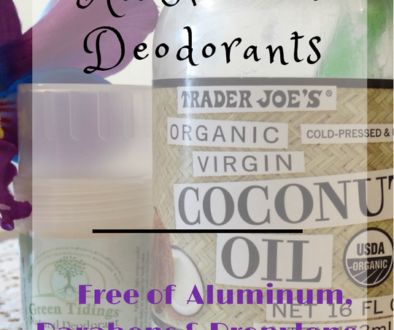Skin Benefits of Hydrolyzed Collagen Supplements
Collagen is the most important protein produced by the human body. It is made from three amino acids: glycine, proline, and hydroxyproline. These amino acids come together to form a triple helix structure. The triplet chains are organized into primary, secondary, and tertiary structures. Almost 28 different types of collagen have been identified. Collagen type I is the most common type. It is found in skin and bone. Collagen type I accounts for about 80% of the collagen in the body. Collagen fibers and hyaluronic acid are the major structural components of the skin. Collagen type II is mainly found in cartilage. 1 When denatured by heat, collagen forms gelatin. Gelatin has been used for centuries as a food source and traditional medicine.
Skin Benefits of Hydrolyzed Collagen Supplements
Hydrolyzed collagen (HC) represents a group of peptides with low molecular weight. You may also see it referred to as collagen peptides. Due to their smaller size, these peptides are readily broken down and enter the bloodstream. Upon digestion, these peptides benefit the skin in two ways. First, the free amino acids provide the building blocks for the production of collagen and elastin fibers. Second, collagen oligopeptides bind to receptors on the membrane of fibroblasts. Fibroblasts are a specific type of connective tissue cells. They are located in the skin and other tissues. This binding stimulates the production of new collagen, elastin, and hyaluronic acid.
Collagen makes up almost 75% of skin’s dry weight. With age, the existing collagen breaks down, and it becomes more difficult for your body to produce more. Collagen loss in the body starts at 18–29 years of age. After forty years the human body can lose around 1% per year. This reduction can lead to the formation of fine lines and wrinkles. Aged skin contains a decreased density of collagen fibers, elastin, and hyaluronic acid. 2
To prevent this decline, many women may choose to take oral collagen supplements. These supplements are usually powders. Powders are often odorless and tasteless, but, this is often subjective. They may be a great option for those wishing to mix them into foods such as beverages, smoothies, and soups. There are also capsules and liquid formulations available. Topical application of collagen has little to no benefit since the molecules are too large to pass through the skin. Certain collagen supplements may include other additives such as hyaluronic acid, vitamins, minerals, and other antioxidants. The quantity and quality of each component may vary by manufacturer.
Eight randomized-controlled trials involving collagen found that there were no adverse effects reported. Although this is reassuring, it’s best to talk with your healthcare provider before adding collagen to your diet. You should know that these supplements are not approved by the FDA for the treatment of skin conditions. Still, these studies suggest that they may have some therapeutic benefits for the skin. In particular, collagen may help to improve dry skin, cellulite, and pressure ulcers. Hydrolyzed collagen has been shown to increase skin hydration and elasticity. Also, it increases the skin density of collagen, procollagen type I levels, and elastin levels. But, it is important to note that these randomized-controlled trials are small in number and participant size. Subjective measures of efficacy such as skin appearance and patient questionnaires were also used. 3
How much collagen should you take?
There are no clinical recommendations for how much collagen you should take. Most collagen supplements have a suggested daily dosage printed on the packaging. A 2.5–15-gram daily dose of collagen appears to be safe and effective based on published studies. It is best to read the packaging to determine the appropriate quantity.
Hydrolyzed collegen sources
Collagen is not a vegan product since it is derived from animals. Collagen type I can be extracted from different sources. However, the primary one is bovine. Another common source is porcine. Porcine collagen is most like human collagen and is less likely to trigger allergic reactions. Collagen may also come from marine and other animals. For example, bone broth may be a good collagen-rich option. Due to ethical and/or religious beliefs, many people may wish to avoid consuming bovine and porcine collagen.
Marine collagen
Recently, marine organisms have received consideration as a more preferable source of collagen. There are many reasons why this is so. For example, fish and by-catch organisms have a very high collagen content. By-catch organisms may include undersized fish, jellyfish, sharks, starfish, and sponges. Also, there are no reports of transmissible diseases associated with the use of marine collagen.
There is little evidence that bovine spongiform encephalopathy (BSE), or “mad cow disease”, can be spread through collagen. The FDA places restrictions on the use of cattle materials in dietary supplements. Still, marine collagen may be a better choice if this is a concern. Although not common, allergic reactions due to consumption of fish collagen have been reported. 4
Sustainability of Marine Collagen
Marine collagen may be a more sustainable and low-cost collagen source. Fish processing industries produce large amounts of fish waste every year. This waste represents almost 25% of the total production. Most of this biomass is not fully used and is thrown away. The use of this waste is in alignment with the European zero-waste strategy. This approach is more supportive of the three goals of sustainability. These are economic well-being, environmental protection, and social well-being. 5
References
- León-López A, Morales-Peñaloza A, Martínez-Juárez VM, Vargas-Torres A, Zeugolis DI, Aguirre-Álvarez G. Hydrolyzed Collagen-Sources and Applications. Molecules. 2019;24(22):4031. Published 2019 Nov 7. doi:10.3390/molecules24224031
- Genovese L, Corbo A, Sibilla S: An Insight into the Changes in Skin Texture and Properties following Dietary Intervention with a Nutricosmeceutical Containing a Blend of Collagen Bioactive Peptides and Antioxidants. Skin Pharmacol Physiol 2017;30:146-158. doi: 10.1159/000464470
- Choi FD, Sung CT, Juhasz ML, Mesinkovsk NA. Oral Collagen Supplementation: A Systematic Review of Dermatological Applications. J Drugs Dermatol. 2019; 18(1):9-16.
- Fujimoto W, Fukuda M, Yokooji T, Yamamoto T, Tanaka A, Matsuo H. Anaphylaxis provoked by ingestion of hydrolyzed fish collagen probably induced by epicutaneous sensitization. Allergol Int. 2016;65(4): 474-476. doi:10.1016/j.alit.2016.03.012
- Coppola D, Oliviero M, Vitale GA, et al. Marine Collagen from Alternative and Sustainable Sources: Extraction, Processing and Applications. Mar Drugs. 2020;18(4):214. Published 2020 Apr 15. doi:10.3390/md18040214



